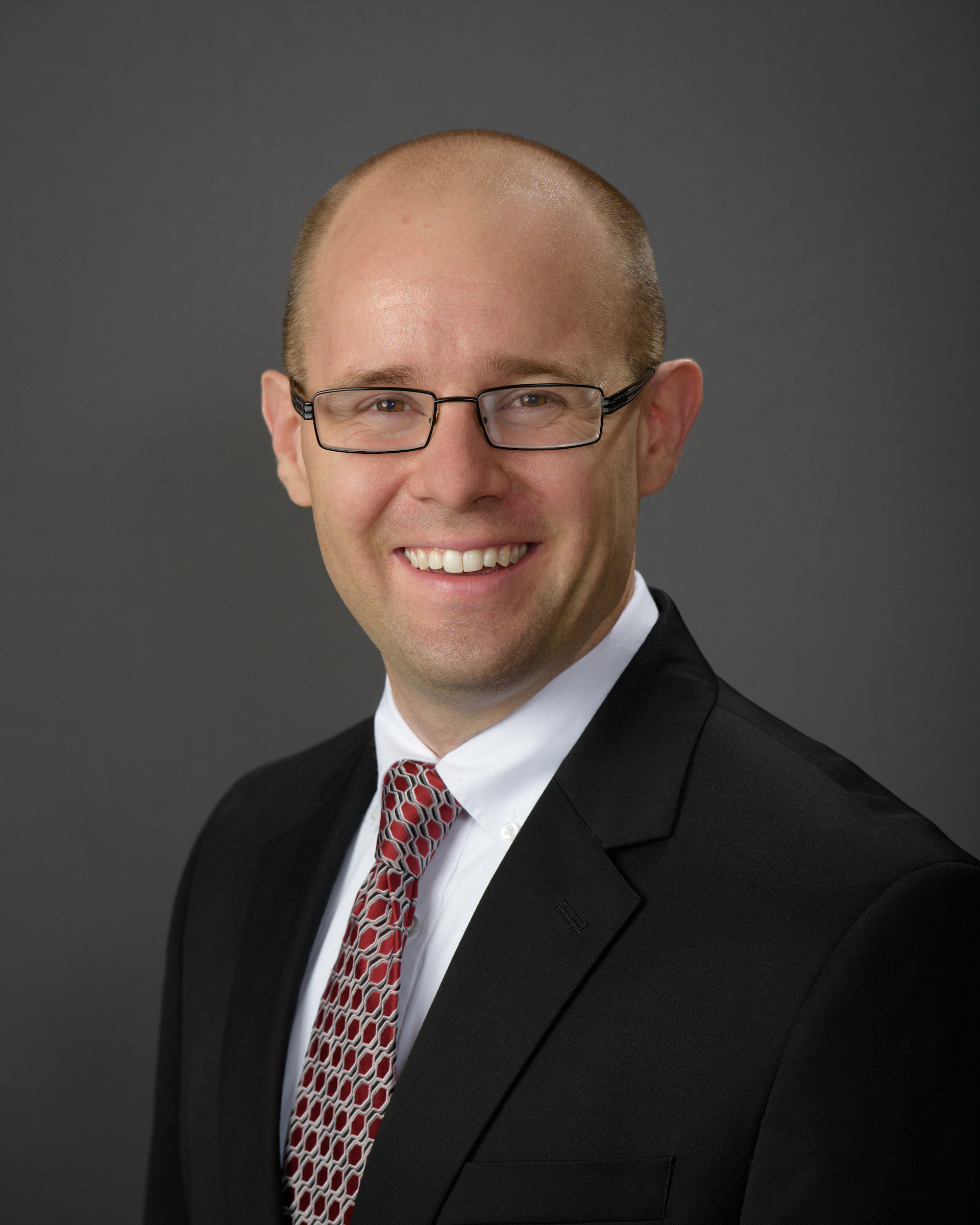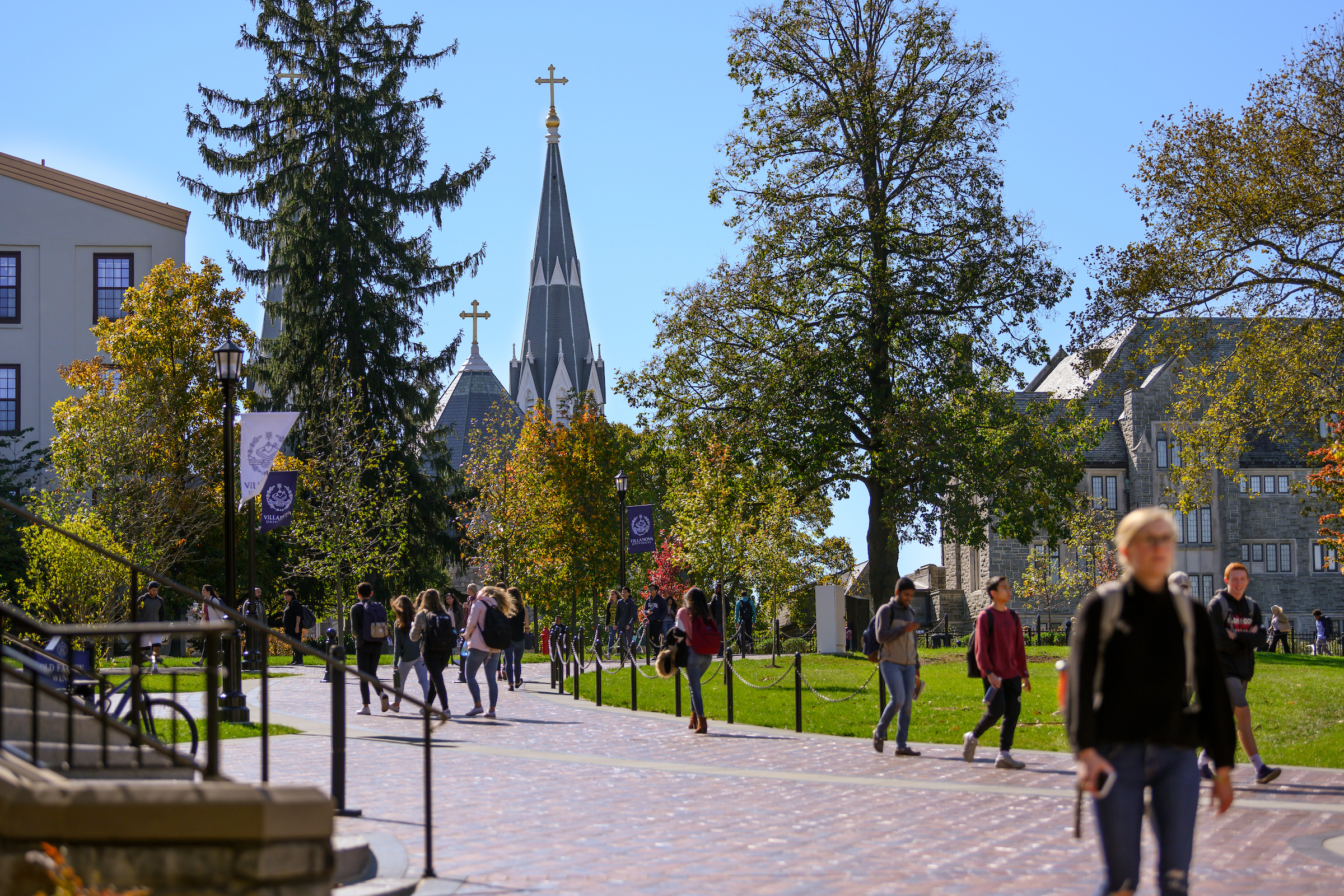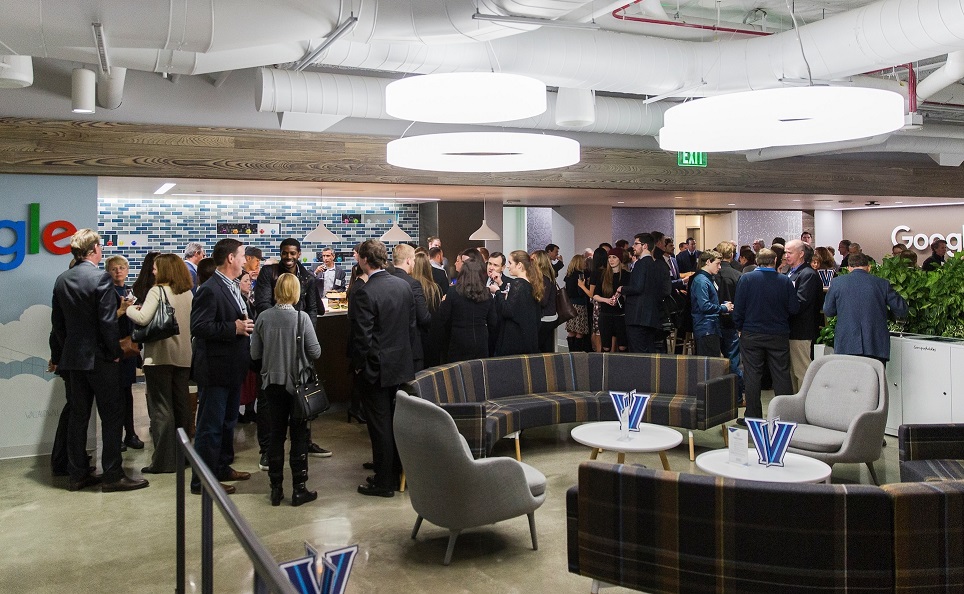During the fall of 2019, renovations to the Career Center at Villanova University forced staff and students to operate semi-virtually, quite a change from the typical, bustling face-to-face office environment. Though the project was completed by December and the space reopened to deliver an array of services, it didn’t last long.
By March, the Center had to shut down the physical location because of the COVID-19 pandemic. All resources and connections were shifted online – not ideal, but it was a pivot Villanova was prepared for.
“It was a little bit of a blessing that [construction] happened when it did,” said Kevin Grubb, Executive Director of the Career Center and Assistant Vice Provost for Professional Development. “I don’t have a lot of hair, but I lost whatever I had left at that time. I thought, thank goodness we already know what we’re doing.”
Villanova was not alone. Many college career centers scrambled to find ways to do interviews, to help students build resumes and to work with employers. At the same time, companies shifted recruitment strategies from traveling to find talent to meeting them through virtual platforms.
As companies and institutions continue to reopen, there is a sense that business as usual will disappear. Career centers likely will need to embrace those new modes of connection, job fairs and interview setups which will look very different in the future. Competition is also bound to be more fierce for candidates as the pool of job seekers expands for companies turning more frequently to digital spaces.
“The pandemic has served as an accelerant,” Grubb says. “If an employer was focusing all of their recruitment energy on a certain set of schools, then they would only be looking at those students and those candidates for jobs. As they go virtual, the playing field is wide open. They’re not going to say this webinar is just for Harvard, Stanford, or UC Santa Cruz. It opens up way more talent and candidates. Obviously, they’re spending a lot less money on travel. That will at least be a big part of their strategy moving forward.”
Villanova’s pivot to accommodate students
Last spring, there was a short pause in students reaching out to Villanova’s Career Center, but then the wave of questions and concerns started as their internships, study abroad programs and interviews got canceled or rescinded.

That pushed the Career Center to work with many stakeholders, including its Education Abroad and Research and Fellowships offices, to ensure students were able to find answers and new options.
“Our office had to serve folks who were saying, what happens to summer internships, research projects, full time employment and graduate programs?” Grubb says. “Are they functioning? Who is hiring during this time? There were organizations and industries positively impacted by the conditions of the pandemic. Think about every toilet paper company in the world, or Zoom and technologies like that, that suddenly had enormous demand. There were also industries and sectors that were completely wiped out.”
So, Villanova’s team forged a plan. Knowing it couldn’t meet with every person day and night, Grubb and his team decided to “create a scalable, flexible, accessible version where people could access resources and support and grab it when they needed it.”
The Career Center helped create channels for students with lists of companies that were hiring and those that weren’t. It created webinars to let people know about resources, technology partners and especially services that were free that could aid them with resumes and improving virtual interviewing skills. It set up socially distanced spaces for students to do those interviews and get professional headshots done.
“We were building toward those anyway, knowing that we’d never have a full army of people able to advise every single Villanova alum,” Grubb says. “Realistically, many of our students and alumni need us in pieces and parts, not on schedules that are reliable all the time.
“We’ve been building a team within our team that works on industry advising, working with employers and alumni to understand the idiosyncrasies of that industry. When does it hire? How does it hire? What does it look for? What are the deadlines people need to know? Using some of that expertise helped us get some of that information in real time to people about what industries were hiring and what skills were needed.”
Assessing the future
How have companies searched for candidates and what are they looking for? One strategy businesses have employed and enjoyed is the flexibility of meeting and recruiting virtually because of expanded candidate pools and cost savings.
“I think a lot of employers found more success in [virtual] than they would have anticipated,” Grubb says. “There has been a movement for some time in looking at candidates on skills and competencies, and less on degrees, or majors, and GPA. There’s also been a push around diversity, equity and inclusion.”
Grubb says career centers must be focused on ensuring students are prepared for whatever employers through at them.
“It will necessitate that students position themselves very well for those opportunities,” Grubb says. “We’re going have to really think about embedding and infusing this dialogue around skills and competencies into our conversations and our preparation of students, which is not something that a career center or a career services function of old would be thinking about or doing.
“The high-tech, high-touch experience is what we’re shooting for. Which of those environments [remote, or in-person] are the best ones to deliver, knowing that we can’t always have everything be hybrid? Some things might be in person, or some might be done virtually because they hit more of our objectives and goals than if we did them in person. Distinguishing between those factors in a non-pandemic environment will be fascinating. Does some of the value of virtual get lost when we all don’t have to be virtual?”
Villanova has, in fact, benefited from fairs done on online and events where alumni from all over can discuss careers or industries. But will partners still see the same value in virtual meetings or events, or will they opt for a return to more in-person trips and meetings as the pandemic wanes? That’s tough to project, but Villanova has advised students not to fret if meetings don’t happen in person.
“We’re telling students, if you want to work at an organization, it’s not that they don’t want to come to Villanova, they don’t want to go anywhere,” Grubb says. “So, let’s figure out how to get you in front of them.”
One interesting dynamic that is playing out among those young career path seekers is that they are not necessarily looking for all-remote opportunities, when it comes to internships or jobs.
“We have to be careful about assuming, they’re digital natives and they love this stuff,” Grubb says. “I think the cry from many college students is, we wish things would be in person. We’re missing the chance to meet people. And we kind of are sad about not being able to go anywhere or do anything.
“There are unique value propositions that meeting people in person offers you. For example, you can’t have casual interactions when it’s 30 people on a Zoom. You have to schedule and plan everything. It’s difficult to meet your intern cohort. You miss a lot of intimate bonding experiences that also can be difference-makers for students in choosing to go back that organization.”



